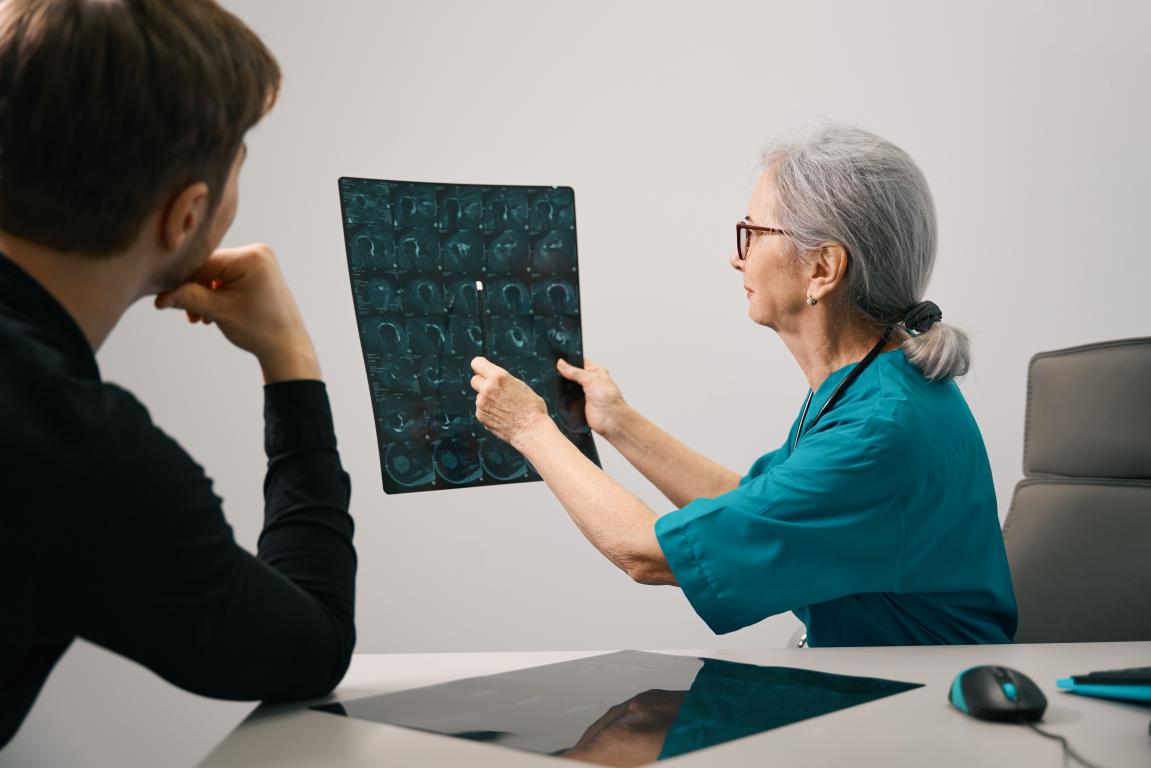Bio-degradable cards
Every card imaginable!
|
Bio-degradable cards Every card imaginable! Navigating Early Onset Dementia and Its Challenges
Understanding Early Onset DementiaEarly onset dementia, also known as young onset dementia, affects individuals under the age of 65. It can be particularly challenging due to its impact on individuals who are often still in the workforce, with family responsibilities and active social lives. Below, we provide answers to some of the most commonly asked questions regarding this condition.
What is Early Onset Dementia?Early onset dementia occurs when the symptoms of dementia appear in individuals younger than 65. It can involve various types of dementia, such as Alzheimer’s disease, frontotemporal dementia, and vascular dementia. The condition may present similar symptoms to dementia in older adults but can have a more significant impact due to the age of onset.
How Common is Early Onset Dementia?This condition is relatively rare, accounting for about 5-10% of all dementia cases. Its rarity often leads to misdiagnosis, with symptoms sometimes being mistaken for stress, depression, or other neurological conditions.
What are the Early Signs of Early Onset Dementia?Early signs can include memory loss, difficulty concentrating, and challenges in completing everyday tasks that were previously easy. Individuals may also experience mood changes, confusion about time and place, and difficulty with language or communication.
How is Early Onset Dementia Diagnosed?Diagnosis often involves a combination of medical history review, neurological exams, brain imaging, and cognitive tests. Due to the young age of those affected, early onset dementia is sometimes misdiagnosed, making it essential to consult with specialists who are familiar with the condition.
Living with Early Onset DementiaLiving with early onset dementia presents unique challenges, particularly because it affects individuals at a stage in life when they may still have significant personal and professional responsibilities.
Can People with Early Onset Dementia Continue Working?In the early stages, many individuals may be able to continue working, though adjustments may be necessary. As the condition progresses, it may become increasingly difficult to maintain employment, and early retirement or changes in job responsibilities might be needed.
What Support is Available for Individuals with Early Onset Dementia?Support options include medical treatments, therapy, support groups, and assistance from organisations such as Alzheimer’s Society. Access to services may vary depending on the region, and it is important for individuals and their families to seek out resources early on.
How Does Early Onset Dementia Affect Family Life?The impact on family life can be profound. Family members often take on caregiving roles, which can be emotionally and physically demanding. It is crucial to seek support, whether through counselling, support groups, or respite care, to manage the stress that comes with caregiving.
What Legal and Financial Considerations Should be Addressed?Individuals diagnosed with early onset dementia should consider legal and financial planning as soon as possible. This includes setting up power of attorney, making decisions about care preferences, and planning for future financial needs, including accessing disability benefits if applicable.
Managing Symptoms and Progression of Early Onset DementiaManaging early onset dementia requires a combination of medical, therapeutic, and lifestyle interventions aimed at slowing the progression of the disease and maintaining quality of life.
What Treatments are Available for Early Onset Dementia?Currently, there is no cure for dementia, but certain medications can help manage symptoms. These include cholinesterase inhibitors and memantine, which can help with cognitive symptoms. Non-drug approaches such as cognitive therapy, physical exercise, and diet changes may also be beneficial.
How Quickly Does Early Onset Dementia Progress?The progression of early onset dementia varies widely depending on the type of dementia and the individual. Some people may experience a gradual decline over many years, while others may progress more rapidly. It is important to work closely with healthcare providers to monitor the disease’s progression.
What Non-Drug Approaches Can Help Manage Symptoms?Non-drug approaches include maintaining a healthy lifestyle with regular physical activity, a balanced diet, and cognitive stimulation. Activities such as puzzles, reading, and social interaction can help keep the brain active. Additionally, establishing routines and using memory aids can assist with daily tasks.
What Should Caregivers Know About Managing Early Onset Dementia?Caregivers should be informed about the progression of the disease and the available resources. It is essential to maintain open communication with healthcare providers and seek support from organisations dedicated to dementia care. Caregivers should also take care of their own health to prevent burnout.
Planning for the Future with Early Onset DementiaPlanning for the future is a critical part of managing early onset dementia, involving decisions about care, legal matters, and ensuring quality of life.
What Legal Documents Should be Prepared After Diagnosis?After a diagnosis, it is important to prepare legal documents such as a power of attorney, living will, and advance directives. These documents will ensure that the individual’s wishes are respected regarding medical care and financial decisions as the disease progresses.
Is It Possible to Access Disability Benefits?Yes, individuals diagnosed with early onset dementia may be eligible for disability benefits. It is advisable to consult with a legal expert or a social worker who can guide the application process and help secure the necessary documentation.
How Can Families Prepare for Long-Term Care Needs?Families should consider long-term care options early in the diagnosis. This may include planning for in-home care, assisted living, or nursing home care. It is important to research and visit potential care facilities to find the best fit for the individual’s needs.
What Resources are Available for End-of-Life Planning?End-of-life planning is a sensitive but important aspect of managing early onset dementia. Resources are available through healthcare providers, legal advisors, and organisations such as hospices that can help with making informed decisions about end-of-life care, including pain management and palliative care.
© 2024 The Card Project Uk Ltd
VAT: 453 2087 06
|